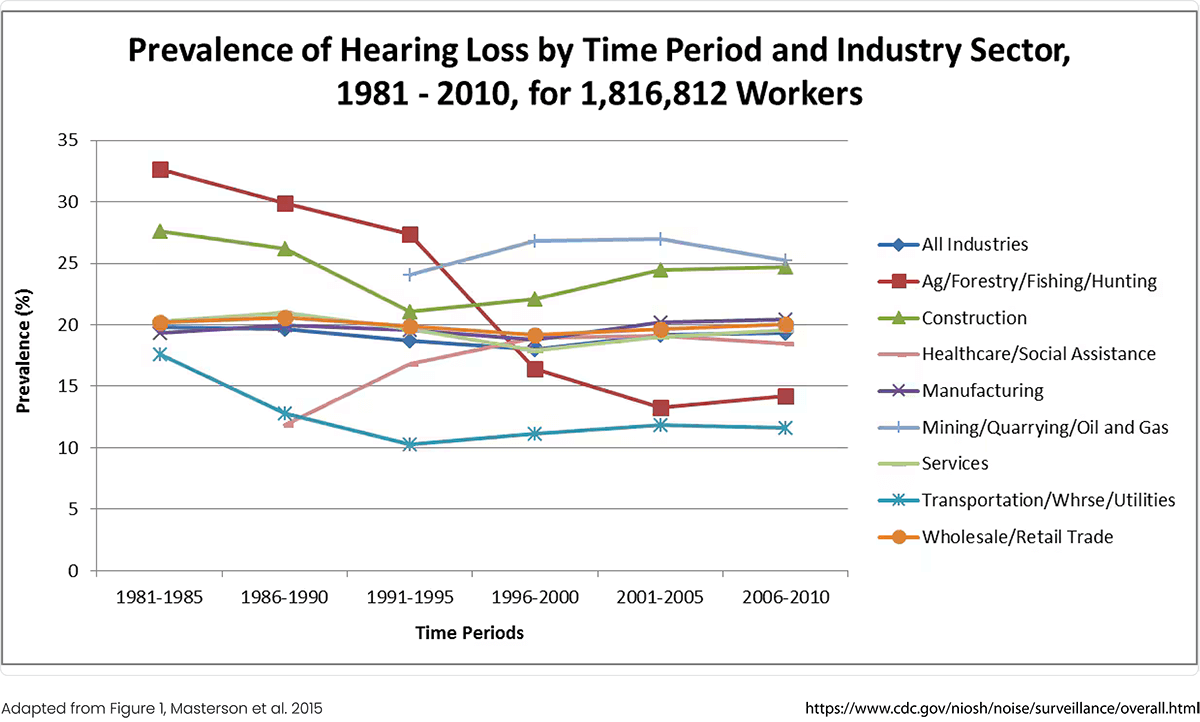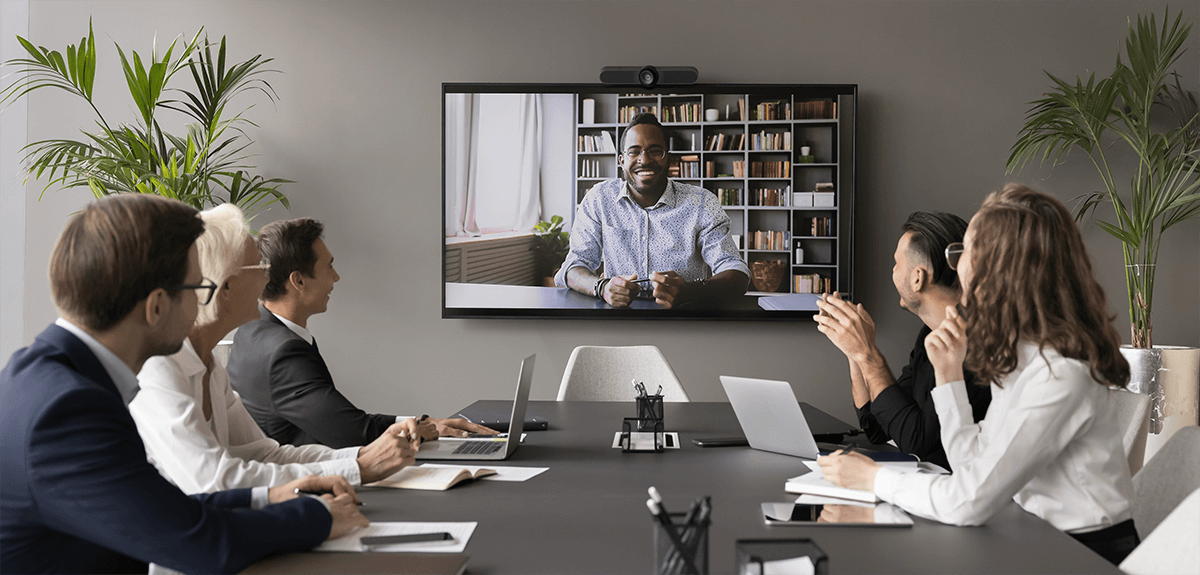The U.S. Occupational Safety and Health Administration (OSHA) indicates:
Noise may be a problem in your workplace if you:
- Hear ringing or humming in your ears when you leave work.
- Have to shout to be heard by a coworker an arm’s length away.
- Experience temporary hearing loss when leaving work. 1
As a matter of Public Health policy, OHSA standards require employers to implement hearing conservation programs when noise exposure is at or above 85 decibels averaged over 8 working hours, or 8-hour time-weighted average (TWA). Hearing conservation programs strive to prevent initial occupational hearing loss, preserve, and protect remaining hearing, and equip workers with knowledge and hearing protection devices necessary to safeguard themselves.1
When it comes to negatively impacting hearing acuities, without proper prevention, noisy places leave harmful traces. Are you or a loved one involved in these industries?

Given widespread personal concerns and economic impact, there is extensive research studying these workplace phenomena. After all, Noise-Induced Hearing Loss (NIHL) is the only type which is preventable.

With a shift away from physical labor and toward employment that involves greater interpersonal communication, the impact of hearing and communication-related disorders on worker productivity increases. Workers with hearing loss face daily employment challenges—communication problems and frustrations, increased fatigue, burnout, emotional exhaustion, and stress—and these challenges affect earnings and employment.
We believe knowing how important noise-induced hearing loss prevention is, will motivate you to, with sound sensitivity, safely protect yourself and loved ones. From workplace settings to concerts or backyard lawnmowers to busy streets and noisy restaurants, limit exposure to loud sound levels.
Please see us for evidence-based testing, so we can accurately assess your type and degree of hearing loss. Via periodic exams, we can track changes and provide trusted advice on how you can avoid irreversible hair cell damage and be Happy to Hear for the ages.
May we see you soon?
1 https://www.osha.gov/noise

